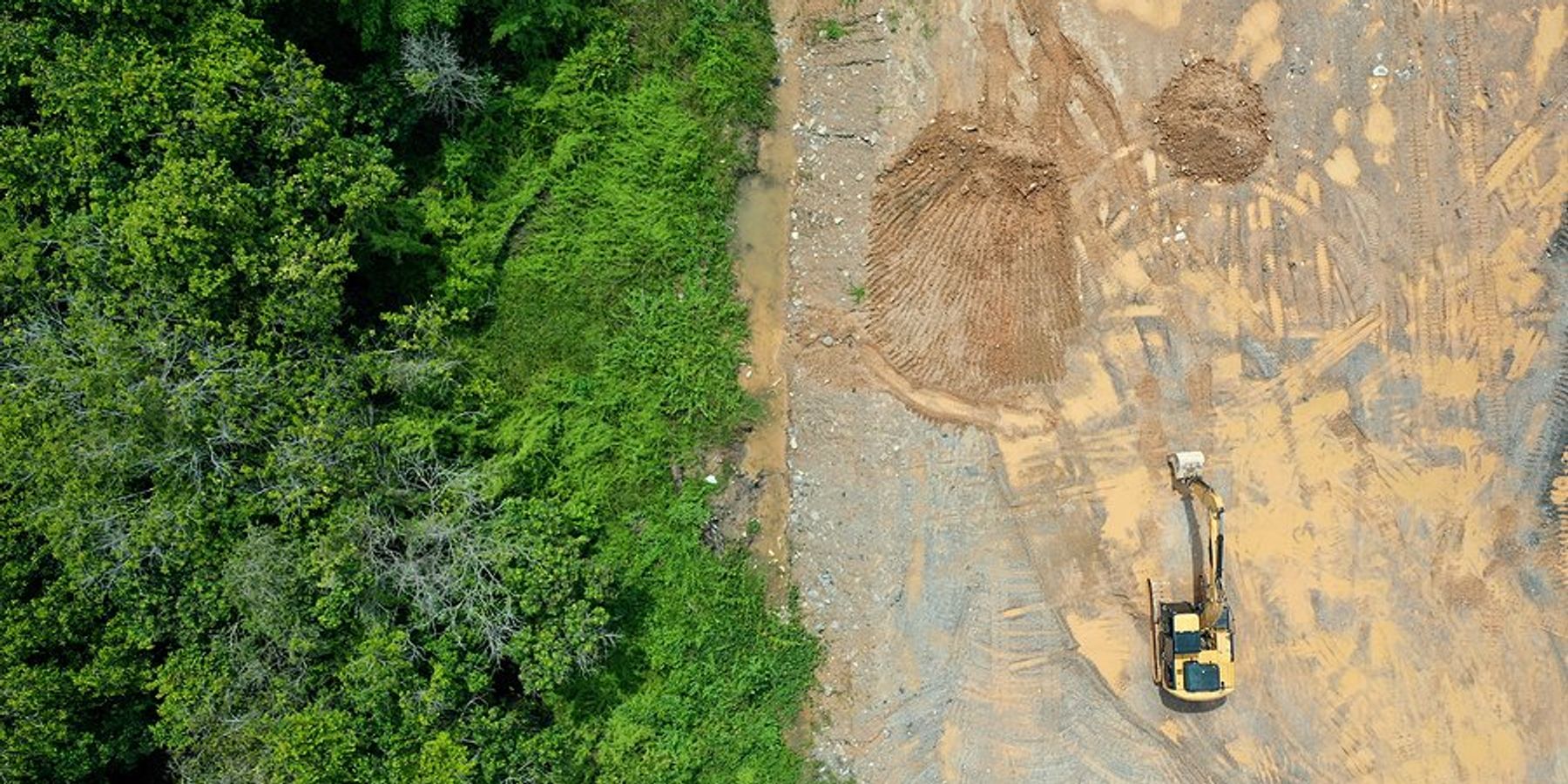
Amazon leaders unite to advance regional action on rainforest protection
Presidents and top officials from Amazon nations met in Bogotá to adopt a new joint declaration aimed at increasing cooperation and delivering on past promises to protect the world’s largest tropical rainforest.
Steven Grattan reports for The Associated Press.
In short:
- Leaders from Brazil, Colombia, Bolivia, and Ecuador endorsed the “Declaration of Bogota,” calling for unified action to preserve the Amazon, which spans more than 2.5 million square miles.
- The Amazon Cooperation Treaty Organization approved 20 new resolutions, including creating an Indigenous Peoples’ Mechanism and funding for communities on the front lines of deforestation and climate change.
- Indigenous leaders called for concrete measures beyond political statements and warned that extractive industries threaten both ecosystems and their way of life.
Key quote:
“We are asking countries to take immediate action because deforestation and pollution are advancing, and the impacts of climate change are severe.”
— Julio Cusurichi, Indigenous leader from Peru
Why this matters:
The Amazon rainforest plays a critical role in regulating the planet’s climate, storing vast amounts of carbon and shaping weather patterns across the Americas and beyond. Its deforestation not only accelerates global warming but also undermines food and water security far outside the region. With mining, oil exploration, and industrial agriculture pressing deeper into the forest, local and global ecosystems face irreversible harm. Indigenous communities, who have protected these lands for generations, now face growing threats to their territories and cultural survival. As political leaders gather pledges and sign declarations, scientists warn that time is running out to prevent the forest from tipping into a degraded savannah, with devastating consequences for biodiversity, public health, and the stability of our climate systems.
Related: Brazil lifts soy ban, opening Amazon to deforestation ahead of climate summit













